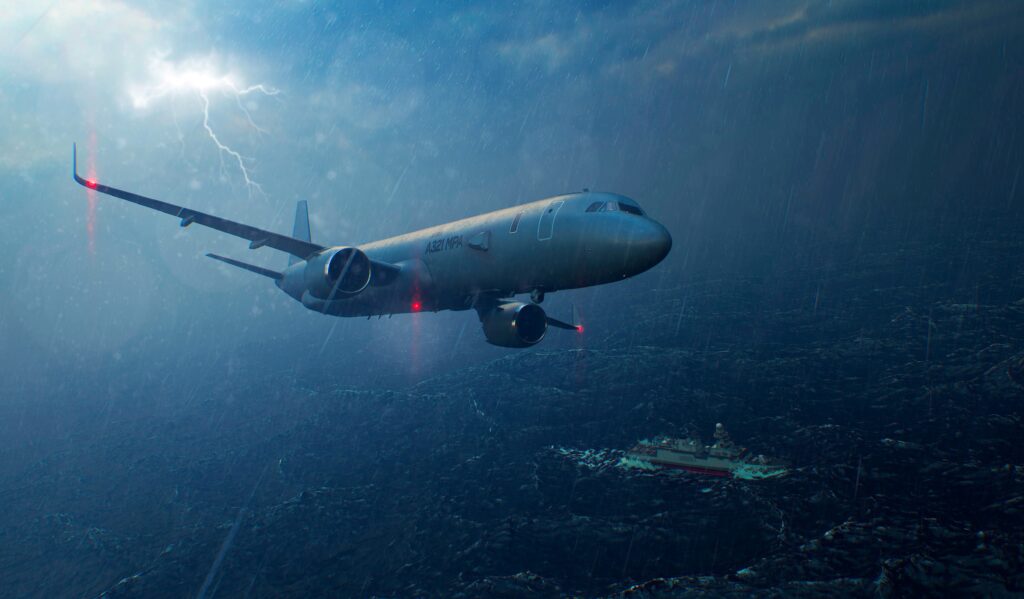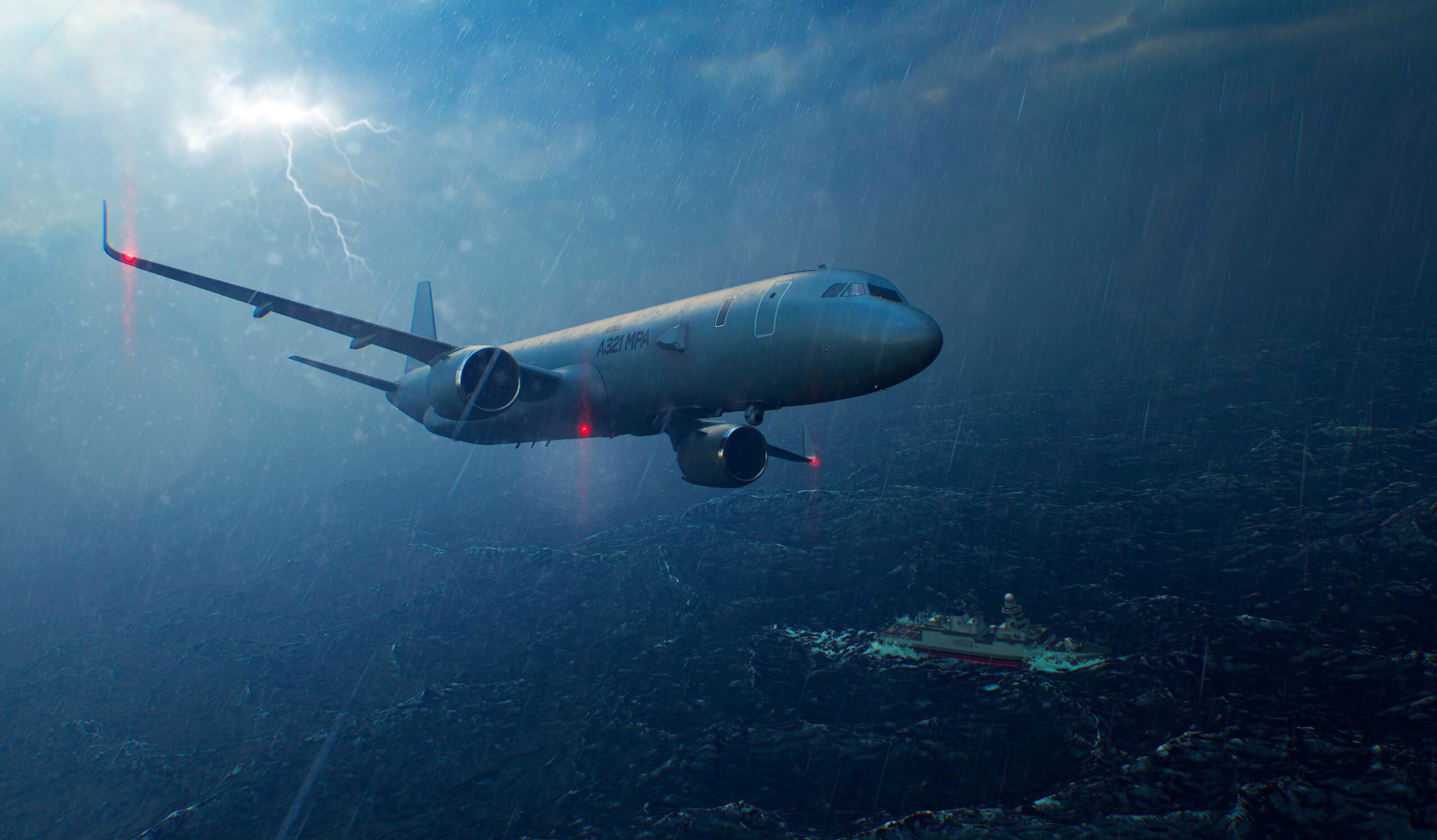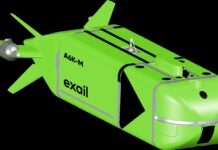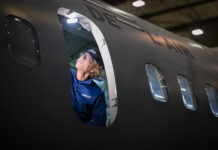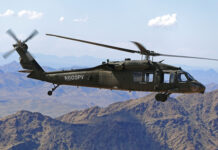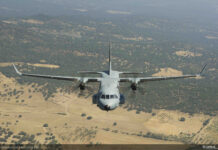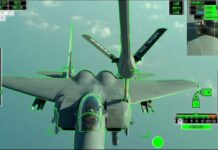The French Defence Procurement Agency (Direction Générale de l’Armement) has signed a contract with Airbus Defence and Space as prime contractor, in partnership with Thales, for a risk-assessment study of a future maritime patrol aircraft (MPA) based on the A321, Airbus announced on 4 February 2025.
The 24-month contract follows on from an architecture and feasibility study launched at the end of 2022.
The aim of the new definition study and risk-assessment contract is to prepare for the development and production launch of an MPA programme at the end of 2026. The study will enable the initial results of the architecture study to be taken further in order to refine the economic and industrial conditions for carrying out the programme, to guide the technical choices of the systems to be integrated on the aircraft, and to carry out the first wind-tunnel tests.
The A321 MPA is a militarised version of the Airbus A321XLR that is designed to meet all the operational requirements of the French Navy, mainly in anti-submarine and anti-surface warfare (ASW/ASuW), as well as intelligence gathering. The aim is to have a new aircraft type to replace the French Navy’s fleet of Atlantique 2 MPAs, which operate out of Lann-Bihoué naval air base, by the 2030-2040 timeframe. The Atlantique 2 first entered French Navy service in October 1989.
The A321 MPA will have a long-range and high-manoeuvrability capability, including at low altitude, according to Airbus. The aircraft will be equipped with a full range of sensors specific to the maritime patrol mission, to which Thales is a major contributor. These will include a latest-generation radar with active antennas; an acoustic system using passive and active sonobuoys; electronic and electro-optical warfare systems; a magnetic anomaly detection (MAD) system and self-protection systems.
The aircraft will also carry communications systems, including satellite communications, as well as the weapons needed for ASW/ASuW operations, including torpedoes and the future MBDA Future Cruise/Anti-Ship Weapon, which the French call the Futur Missile Anti-Navire/Futur Missile de Croisière (FMAN/FMC).
The aircraft’s large cargo bay and the open architecture of its mission system give it a great capacity to evolve throughout its lifecycle to meet the emergence of new threats, according to Airbus. The company added that, with the A321 MPA being derived from its successful A320 airliner family, it will have long-proven availability, reliability and low maintenance costs.
